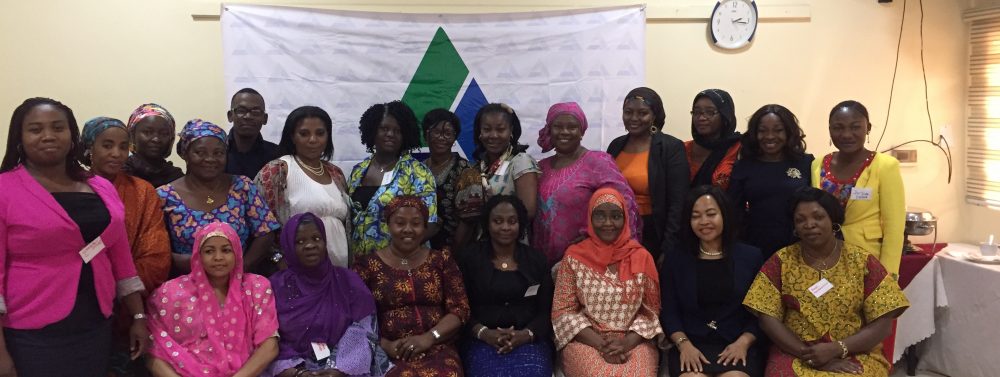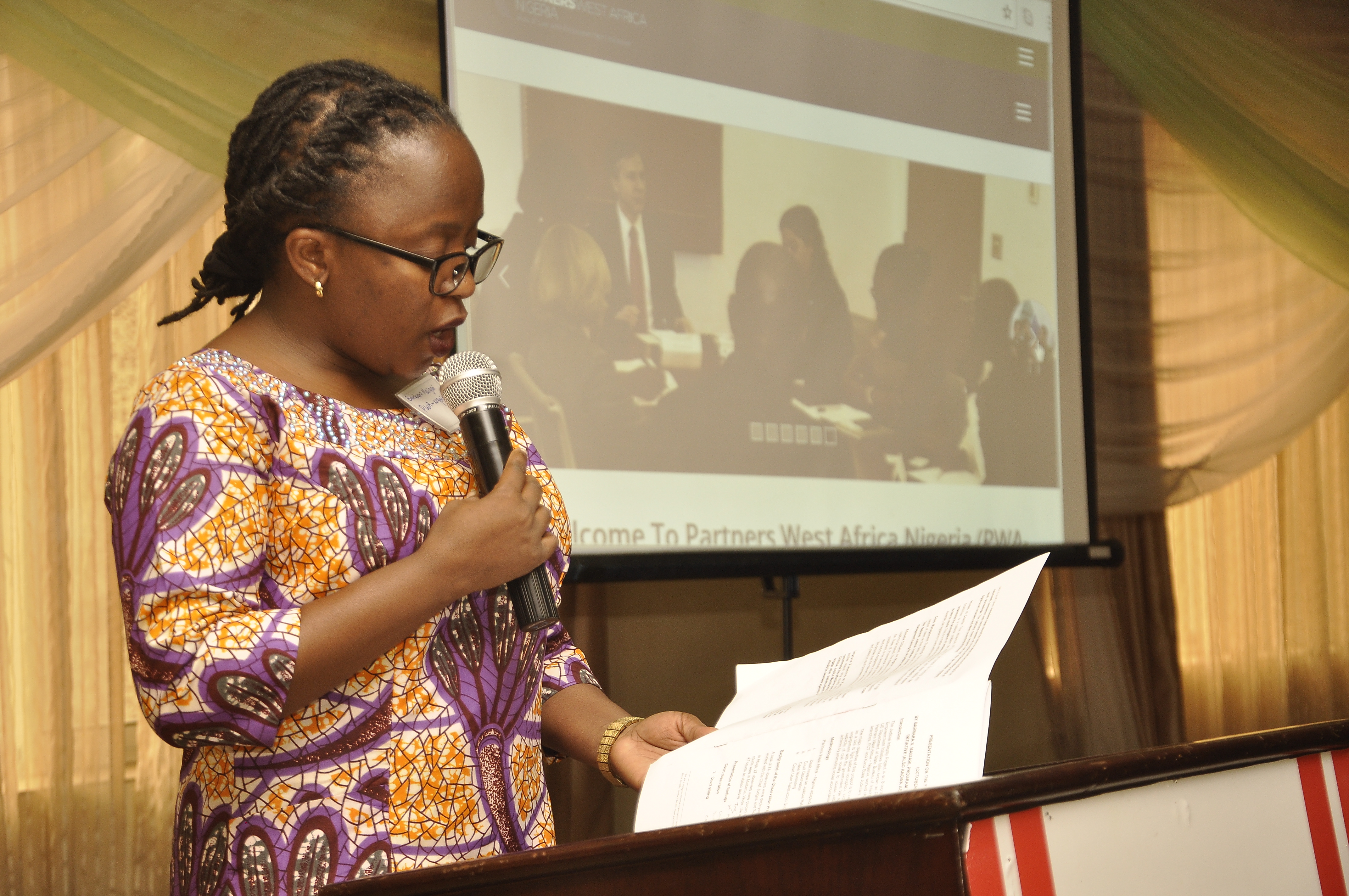
PRESENTATION ON THE FINDINGS OF THE COURT OBSERVATION, COURT USER SATISFACTION, USER SURVEY AND CASE MONITORING QUATER 3
The Judicial Integrity Project is an 8-month project being implemented by the Rule of Law and Empowerment Initiative (also known as Partners West Africa – Nigeria) *with support from the US Department of State Bureau of International Narcotics and Law Enforcement Affairs (INL). Partners West Africa – Nigeria, worked closely with the Nigeria Bar Association Abuja and Kano branches, FCT and...Read More
0
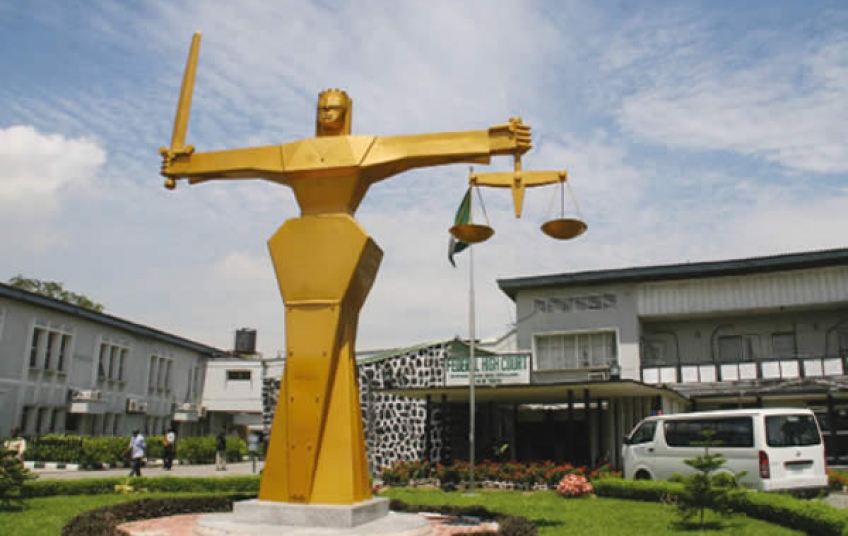
LEGAL AID STILL NOT ADEQUATE FOR FCT COURT USERS
The Judicial Integrity Project which commenced in 2016, continued its court observation exercise after the release of findings from the first quarter. In that quarter, the findings revealed that 59% of the time, the courts observed in Abuja sat, with 61% cases on the cause list attended to. The release of second quarter observation held on 28th of March 2017 revealed amongst others that staff...Read More
0
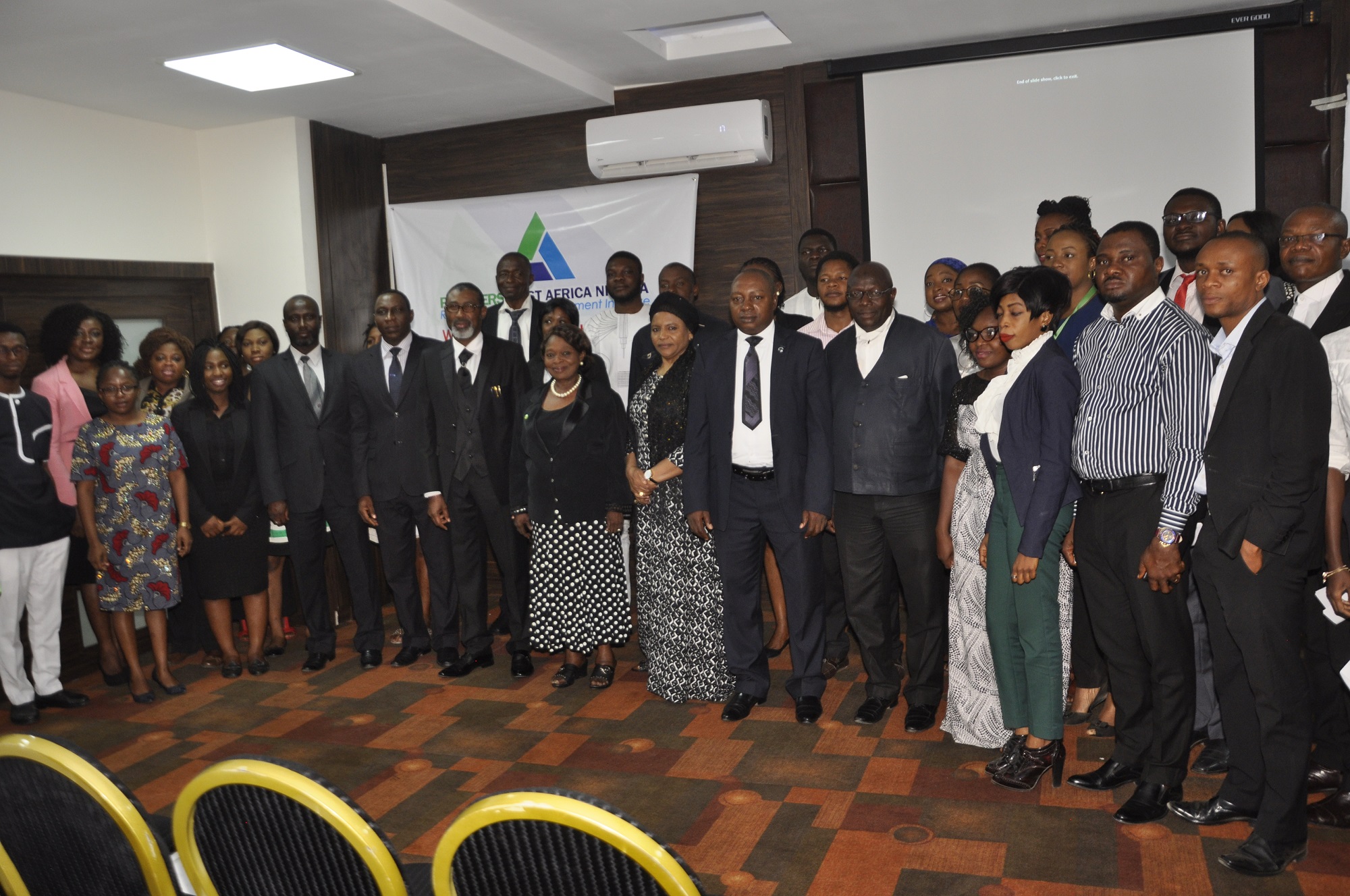
Presentation on the findings of the Court Observation and Court User Satisfaction User Survey (October- November 2016), Kano and Abuja
The Judicial Integrity Project is an 8-month project being implemented by the Rule of Law and Empowerment Initiative (also known as Partners West Africa – Nigeria) with support from the US Department of State Bureau International Narcotics and Law Enforcement Affairs (INL). Partners West Africa – Nigeria also worked closely with the Nigeria Bar Association Abuja (Unit, Bwari and Gwagwalada...Read More
0
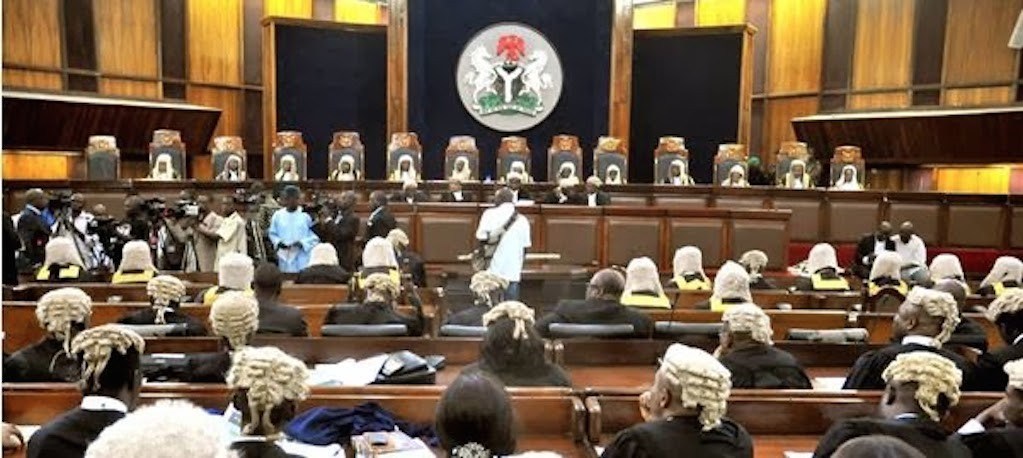
Desk Review on the Nigerian Judiciary (1999-2016)
The Judiciary is the third arm of government in Nigeria. It is made up of the various systems of courts in all the jurisdictions in the country and is structured to fit Nigeria’s Federal system. As an institution, the Judiciary consists of the “Bar” and the “Bench”, and many of the laws and much of the hierarchy of the country’s court system are based on the inherited British system. To...Read More
0

Nigeria NGO which way forward: Self-regulation or Government Regulation?
Background Within the period of 2014 to 2016, the Nigerian National Assembly has made two attempts at creating some regulatory frameworks for non-governmental organizations (NGOs) in the country. In 2013, a “Bill to Regulate the Acceptance and Utilization of Financial/Material Contributions of Donor Agencies to Voluntary Organizations” (hereinafter 2013 draft NGO Bill) sponsored by Hon. Eddie...Read More
0

Enhancing Judicial Integrity: Arrest of court judges
The events unfolding since Saturday 8th October 2016 involving the State Security Services, SSS (or the Department of State Security Services, DSS) and arrest of judicial officers have been cause for concern. The arrests over allegations of corruption came at an auspicious time given that in July 2016 we launched our Judicial Integrity Project aimed at increasing social accountability of our...Read More
0
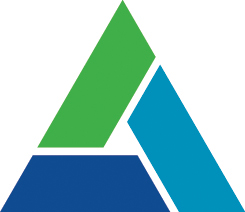
Enhancing Judicial Integrity Under Focus as NGO Engages FCT High Court Judge
The Rule of Law and Empowerment Initiative (otherwise known as Partners West Africa-Nigeria (PWA-N) is commencing a project aimed at enhancing judicial integrity with a visit to the office of the Chief Judge of the Federal Capital Territory (FCT) Abuja on August 29th 2016 by 1:30pm. The advocacy visit to the Hon. Justice Ishaq U. Bello is intended to secure the cooperation of judges and...Read More
0
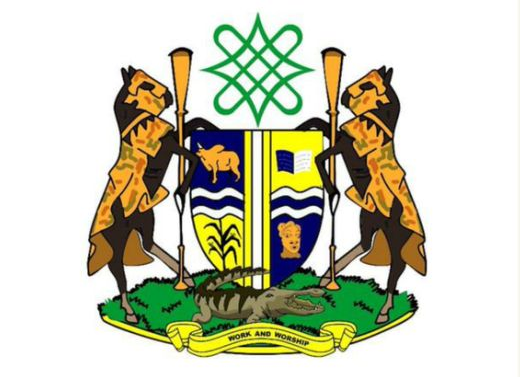
OP-ED ON THE 2016 KADUNA RELIGIOUS PREACHING BILL
“A Bill for a Law to Substitute the Kaduna State Religious Preaching Law,1984” Kaduna state, located in the North Western part of Nigeria is a trade center and a major transportation hub for the surrounding areas in Northern Nigeria. (more…) Read More
0

